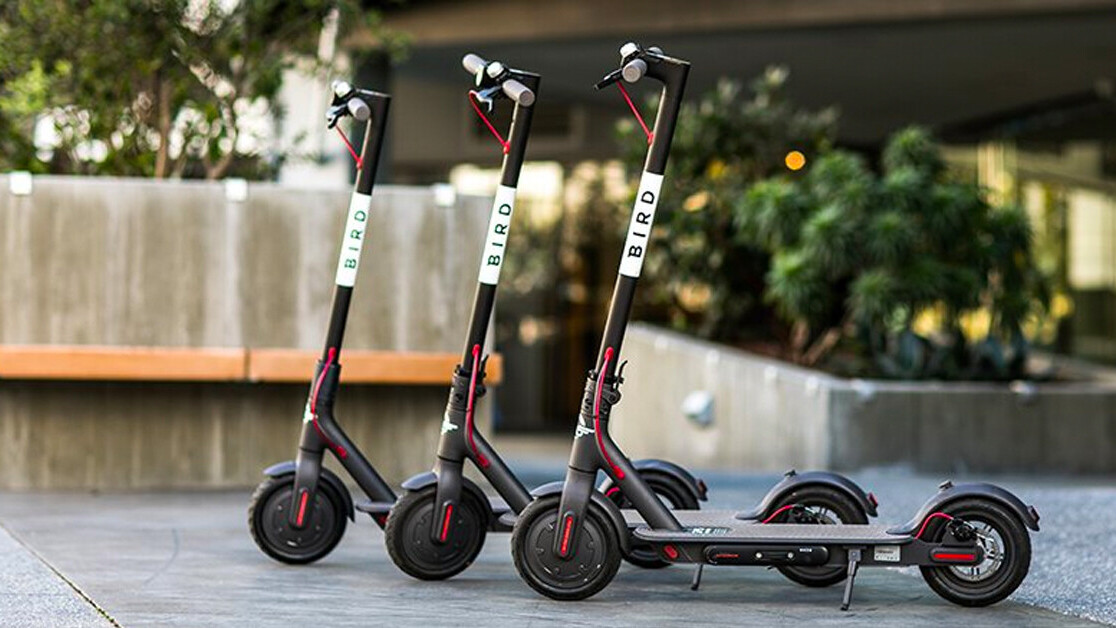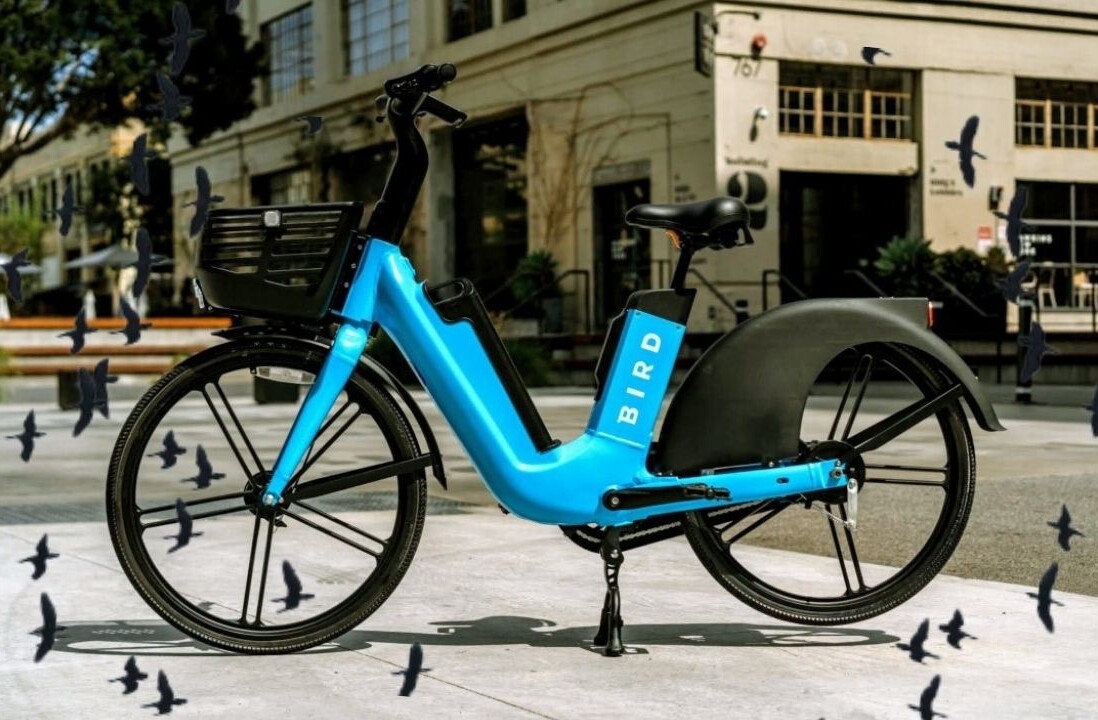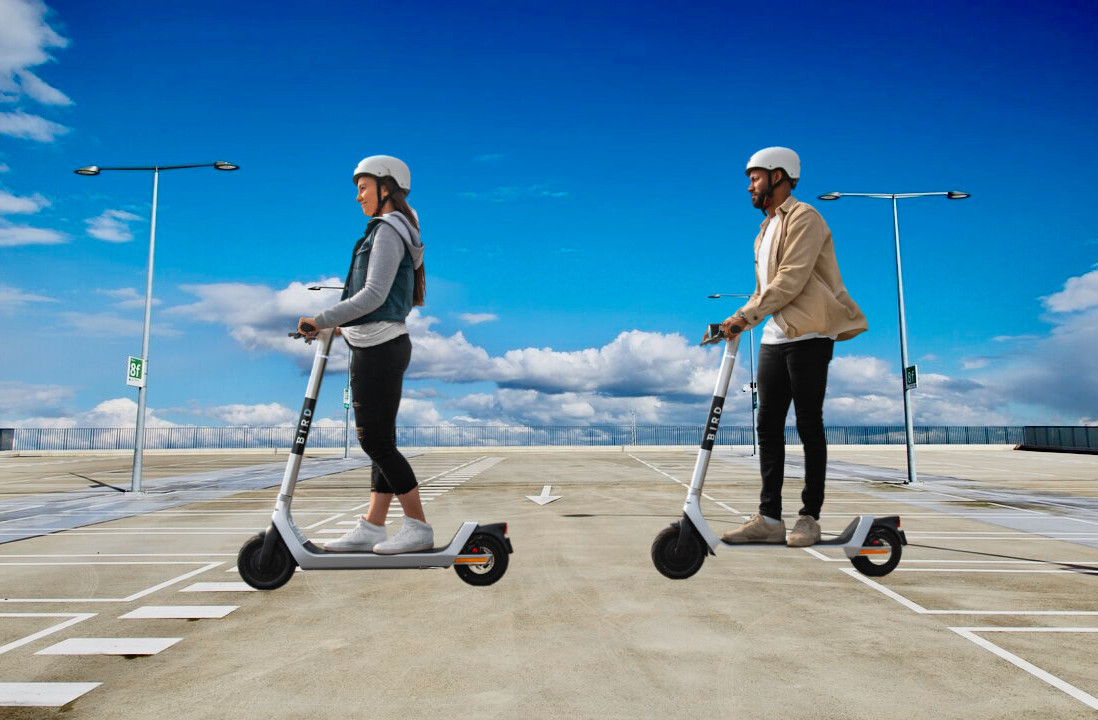This article was originally published by Christopher Carey on Cities Today, the leading news platform on urban mobility and innovation, reaching an international audience of city leaders. For the latest updates follow Cities Today on Twitter, Facebook, LinkedIn, Instagram, and YouTube, or sign up for Cities Today News.
Chicago’s second e-scooter trial concluded last week, with the city seeing a 22% drop in ridership compared to last year’s four-month trial.
In total, 640,000 trips were provided between 12 August and 12 December by Bird, Lime , and Spin, the three firms participating in the trial.
During the initial four-month pilot that ran from 15 June to 15 October last year, riders took 821,000 trips in an area a quarter the size and with a quarter of the devices provided in the 2020 pilot, according to the Chicago Department of Transportation (CDOT).
Speaking about the drop in numbers, Sara Dodrill, Communications Manager, Spin told Cities Today: “The pandemic prompted multiple stay-at-home orders across Chicago over the course of 2020. As a result, the use of transportation has been down across all modes of transit, not just e-scooters.
“Another major difference between the 2019 pilot and the 2020 pilot is the time of year when the pilot was executed. The 2019 pilot was carried out during peak season for e-scooter transit, mid-June to mid-October. The 2020 pilot was delayed because of the pandemic and missed two of our highest ridership months.”
In addition to this, CDOT also expanded its Divvy bike scheme in the Far South Side neighborhood in August with the introduction of 3,000 new e-bikes.
[Read: ]
Despite the reduction in numbers, the city says changes in the second pilot have reduced pavement clutter caused by improper parking, lowered the number of resident complaints, and increased access to shared e-scooters in equity priority areas on the South and West Sides.
The average trip length was also longer, up 14% on the previous year, and the city is now seeking feedback from members of the public through an online survey that runs until 7 January.
“Now that the second pilot is winding down, we invite the public to share their feedback and help us evaluate whether e-scooters make sense as a permanent part of Chicago’s transportation system,” Gia Biagi, CDOT Commissioner, said.
“We want to hear from everyone, whether they were a scooter user or not. It’s important that we incorporate feedback from all across the city in our decision-making as we go forward.”
Equity
One of the primary questions the city wanted to explore in the 2020 pilot was whether e-scooters could effectively improve mobility for residents who face economic, health, mobility, or accessibility barriers, with officials saying these issues took on added significance due to the transportation challenges posed by the COVID-19 crisis.
The city designated an equity priority area that included large portions of the South and West Sides, with each e-scooter vendor required to deploy 50% of their devices every day in priority areas.
Preliminary data revealed that on average, 52% of all devices were deployed to the areas, and each vendor’s average daily deployment actually exceeded the requirement.
This contrasted sharply with vendor compliance in 2019, when firms deployed just 36% of e-scooters to priority zones.
In total, almost 160,000 rides – about a quarter of trips – took place in the equity priority area on the South and West Sides.
Parking compliance
Another objective for the 2020 pilot was the reduction of improper parking of e-scooters on sidewalks, with special regard for keeping a safe path of travel for residents with disabilities.
To address the challenge, Chicago required that all e-scooters be equipped with a lock and secured to a fixed object to end a ride.
Initial stakeholder feedback and data indicated that e-scooter parking compliance improved significantly in the 2020 pilot, with a 79 percent decrease in complaints-per-day-per-device when compared to 2019.
“We are encouraged by the preliminary data we have seen from the second pilot,” Rosa Escareño, Business Affairs, and Consumer Protection Commissioner said.
“This pilot was designed thoughtfully and carefully to test this new mobility option, and we are now going to work with stakeholders to thoroughly examine the data to evaluate whether e-scooters make sense for Chicago in the long term.”

SHIFT is brought to you by Polestar. It’s time to accelerate the shift to sustainable mobility. That is why Polestar combines electric driving with cutting-edge design and thrilling performance. Find out how.
Get the TNW newsletter
Get the most important tech news in your inbox each week.






